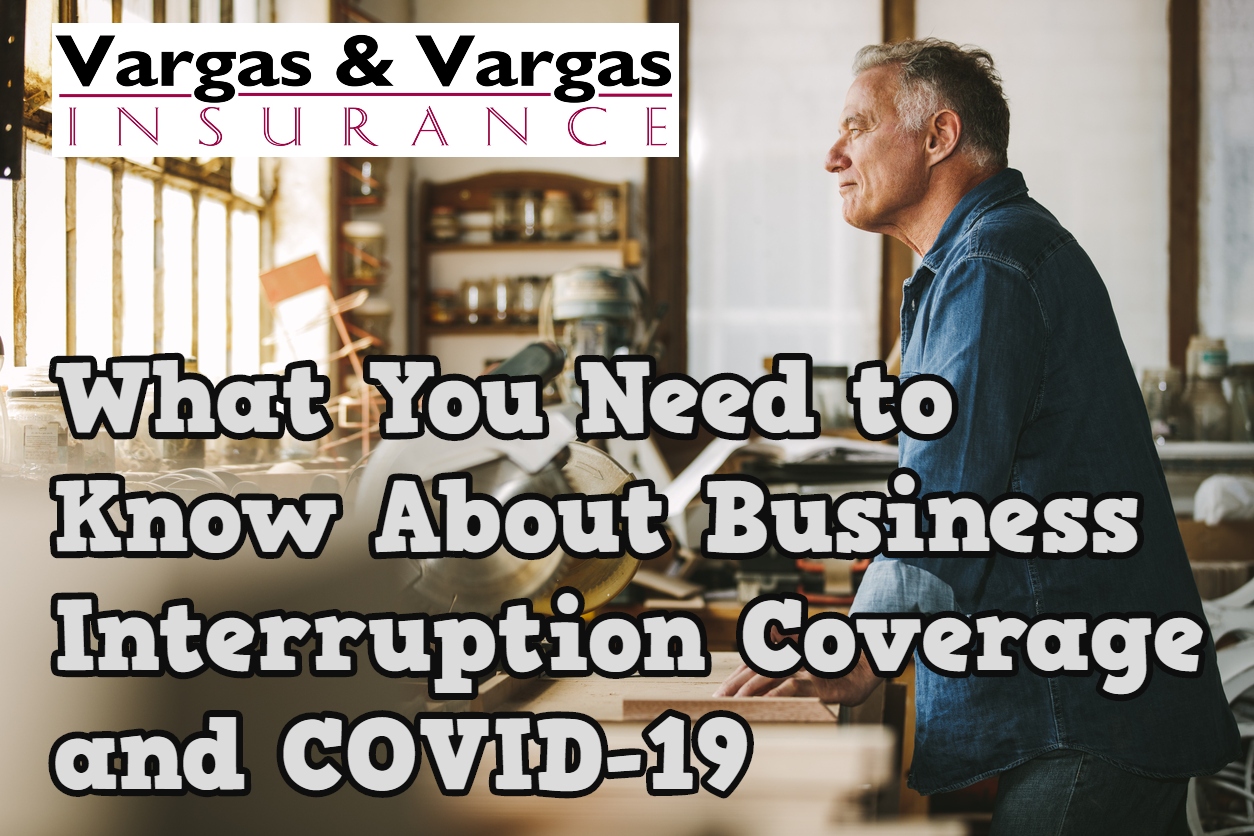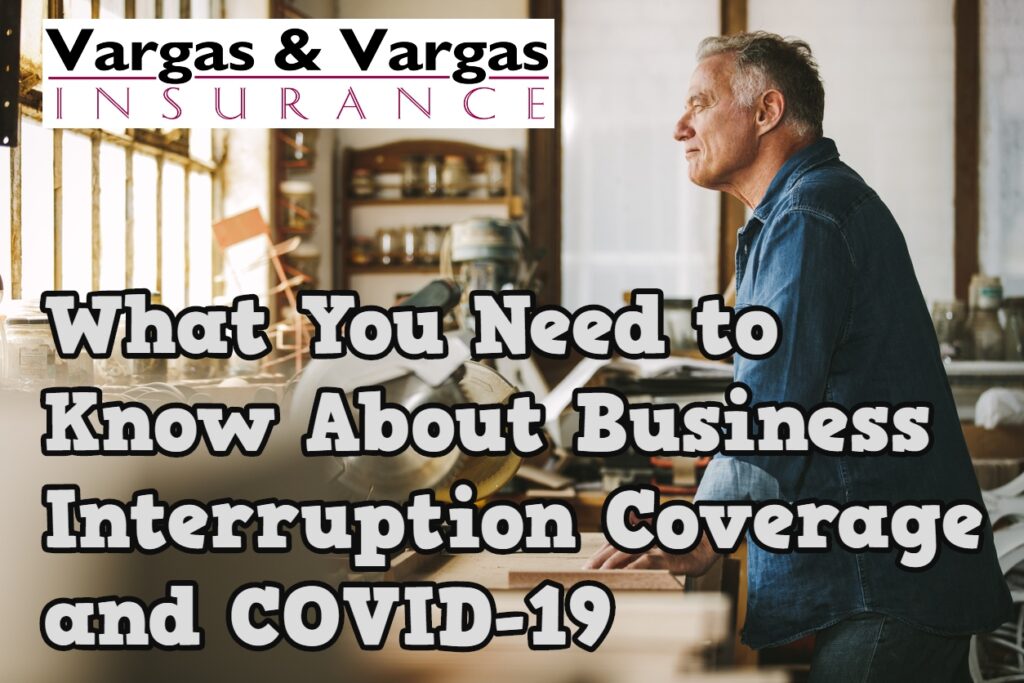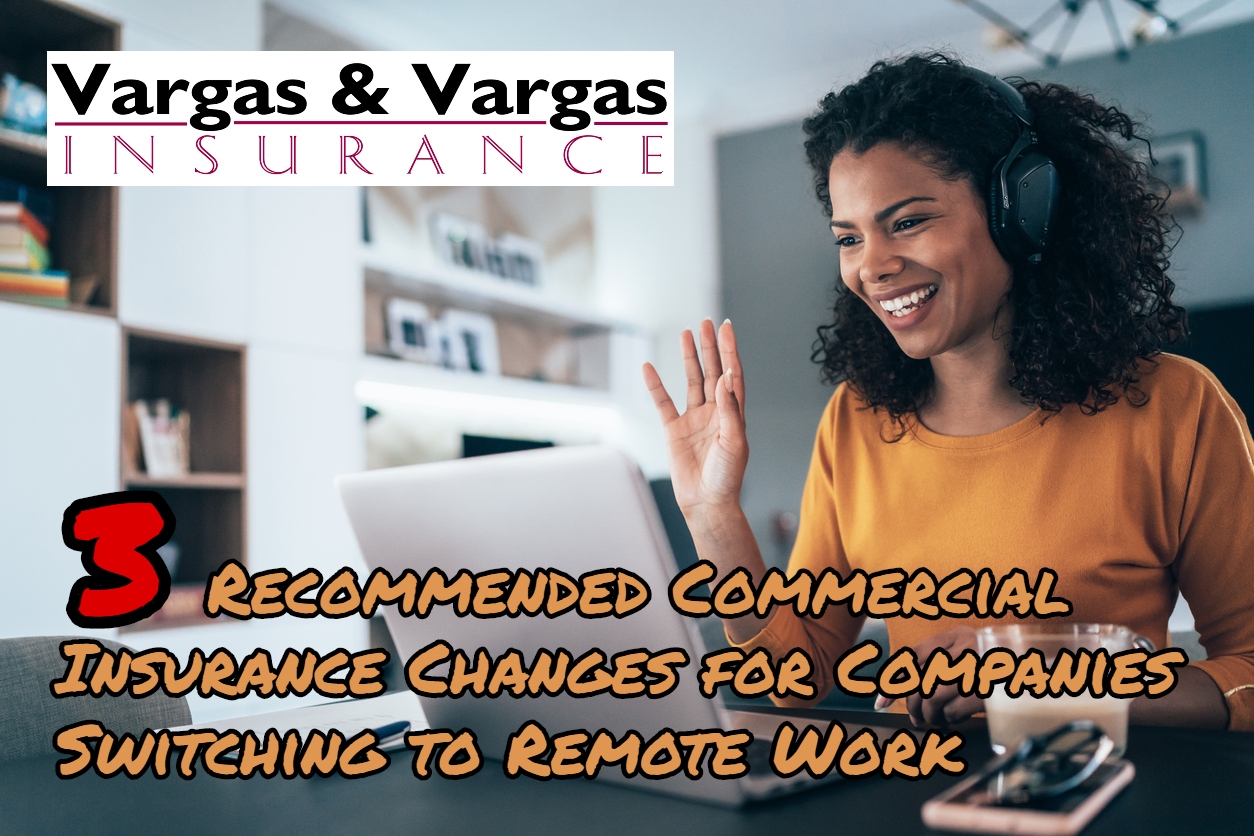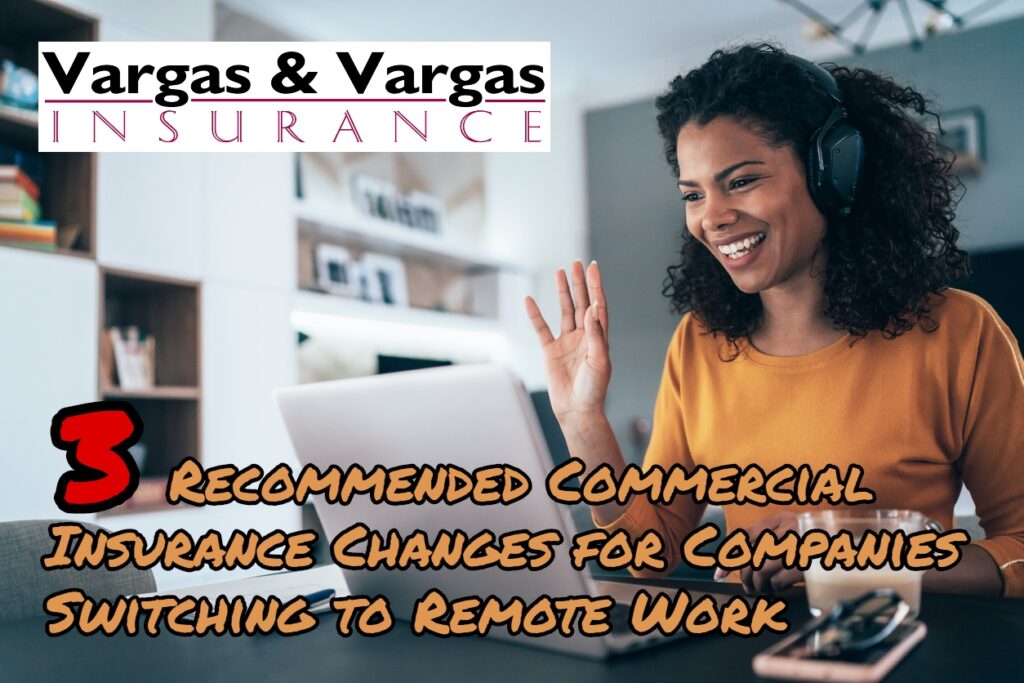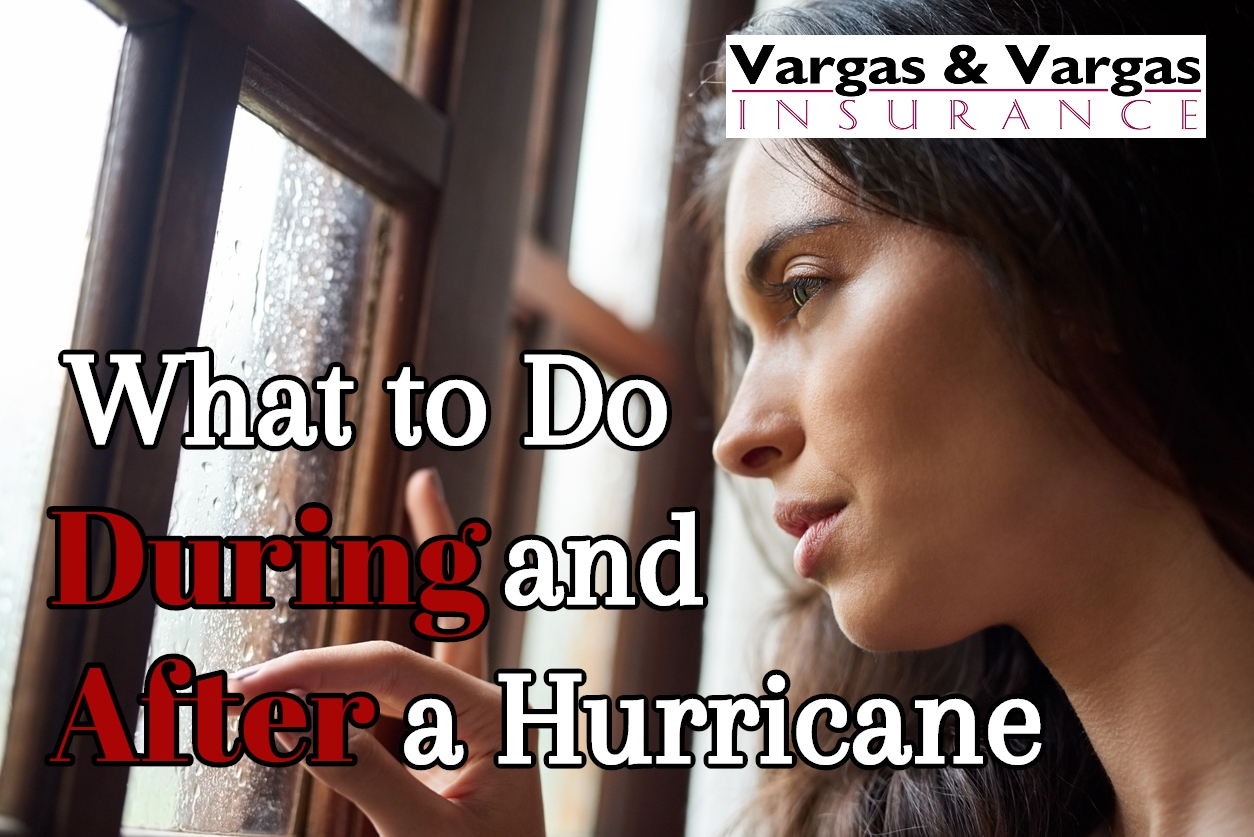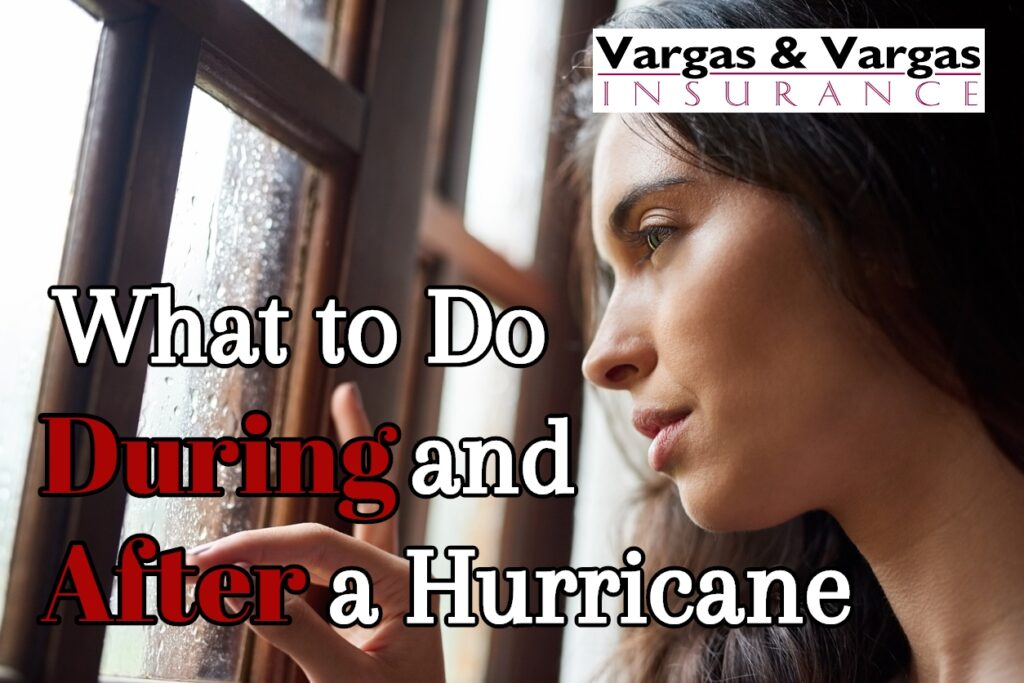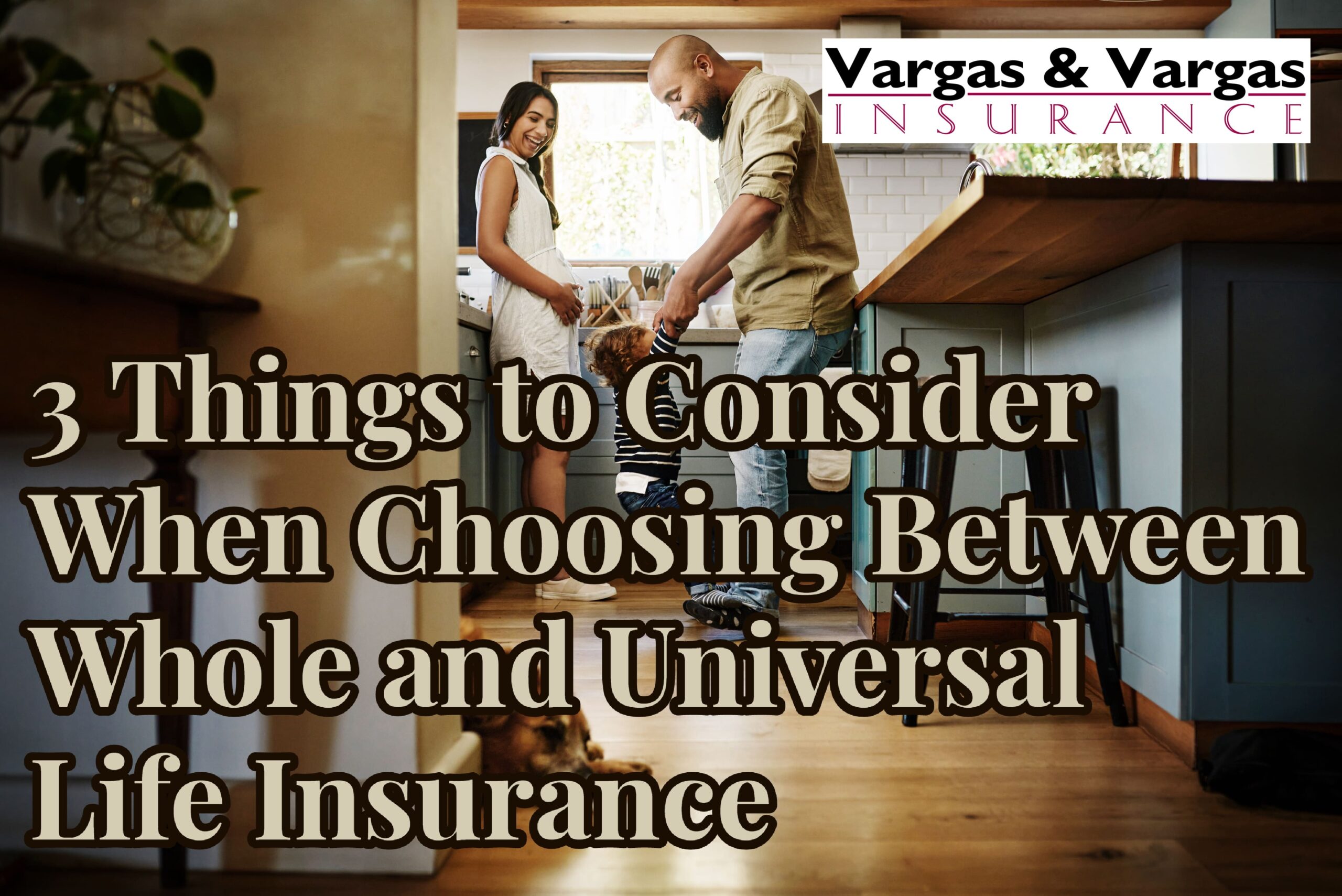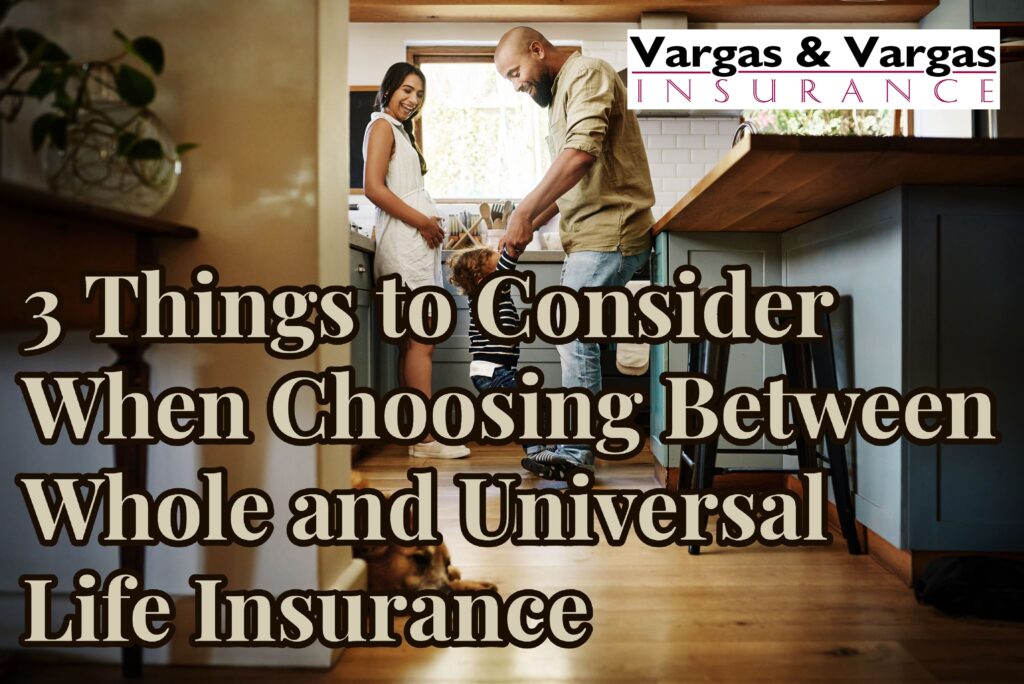How to Know if Umbrella Insurance is Right for You
While nearly every person is familiar with common insurances like auto and homeowners, one that often flies under the radar is umbrella insurance. Essentially, for each of your insurance policies you have a limit to how much money the insurance company will pay – minus your deductible – for a claim. In some circumstances, the total balance due may be greater than what the insurance company is paying which means you are on the hook to pay the difference. In a situation like this, if you have umbrella insurance then the policy will kick in to cover the difference once your coverage has been maxed.
Whether or not you need umbrella insurance is a common question. Generally speaking, you should consider purchasing a policy if the value of your assets to include items like your real estate property, bank accounts, retirement accounts, investment accounts, college savings plans and any other asset with a monetary figure attached to it exceeds the limits of your homeowner’s or auto insurance liability coverages. Ultimately, the goal is to have more liability insurance than your assets are worth so you can’t risk losing them in a lawsuit.
With that said, you don’t need to have a high net worth to make umbrella insurance worthwhile. If you have a situation where you have greater liability than others such as household staff, dangerous equipment on property or an aggressive animal than it won’t hurt to at least explore your options.
When it comes to shopping for umbrella insurance in Dorchester, MA, there’s really no better option than Vargas & Vargas Insurance. Focusing on a no pressure environment, our friendly and knowledgeable team of insurance professionals will answer all your questions, help determine if an umbrella policy is right for you and assist you in the underwriting process.



